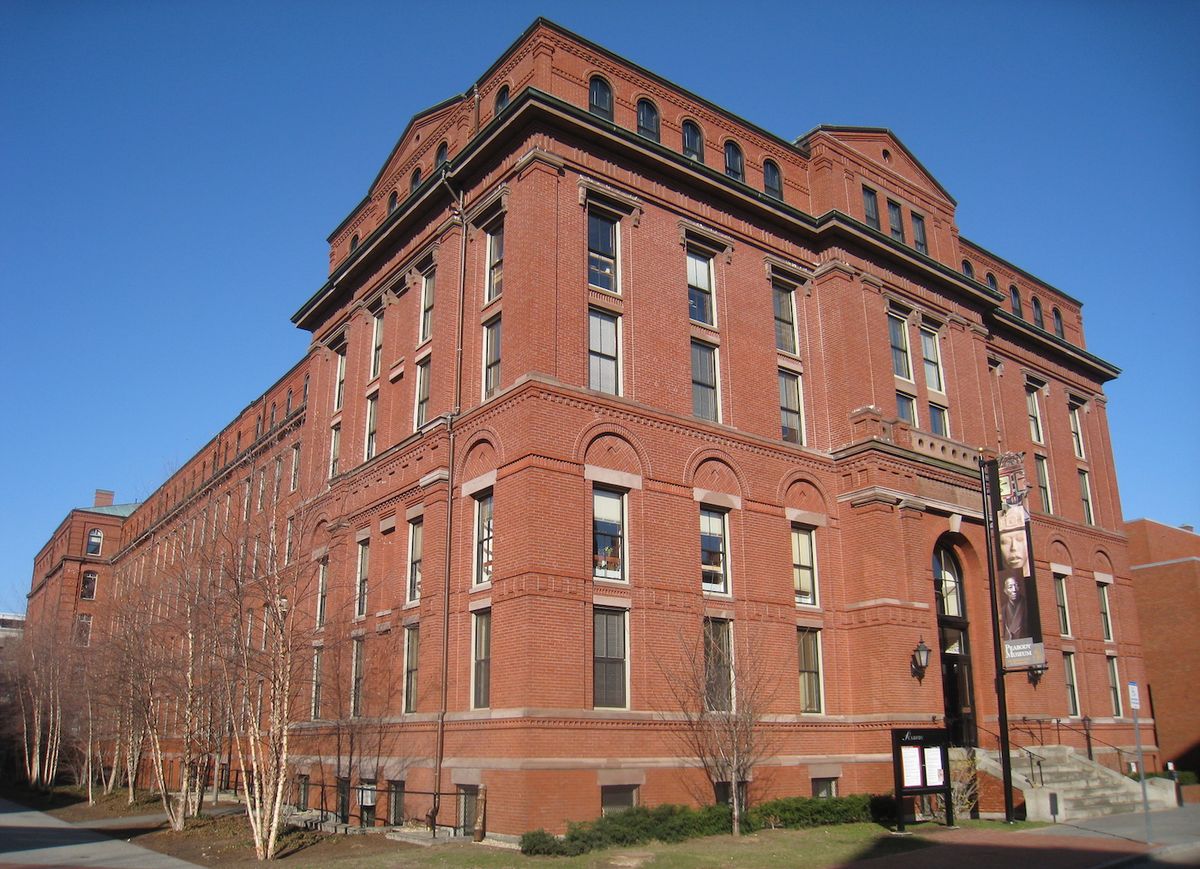The Peabody Museum of Archaeology and Ethnology at Harvard University says it will revise its repatriation policies in response to allegations that it has not fulfilled its legal obligations under the Native American Graves Protection and Repatriation Act (Nagpra). The statute requires federally funded institutions to inventory their holdings of Indigenous burial objects and human remains to ease the way for their repatriation.
The Association on American Indian Affairs (AAIA), a nonprofit organisation that advocates for the rights of American Indian communities, issued an open letter in February to Harvard’s president, Lawrence Bacow, accusing the institution of an “unconscionable” lag and convoluted review process regarding repatriation since Nagpra was enacted in 1990.
The AAIA says that Harvard has received $577,412 in federal Nagpra grants since 1994 to perform inventories of ancestral remains and burial artefacts but has repatriated just around 18% of its Indigenous collection while requiring discursive research reports before repatriation can move forward. It also argues that the institution has not been transparent in its repatriation practices and has denied some repatriations without consulting with tribal leaders.
Philip Deloria, the chair of the museum’s Nagpra committee, counters that the museum has actually repatriated 34% of its Indigenous collection and that it has “no interest in avoiding Nagpra implementation”.
The repatriation process is often “complicated, slow and painstaking”, involving extended discussions and verification of the materials’ origins, says Deloria. “There is also a distinction between requirement and recommendation, and [museum and Nagpra] administrative policies change over time.”
The Peabody’s Nagpra committee was established last year and is charged with working with tribal leaders to review and adjust museum policies and procedures and to assess its Indigenous holdings, which comprise more than 5,000 sets of human remains and individual burial objects.
The repatriation issue is a logistical one, says Deloria. “Oftentimes claims that line up with one tribe can line up with a number of other tribes, so not doing due diligence would also violate Nagpra compliance,” he says. At the same time, the statute requires that the repatriation process be completed within 90 days of repatriation requests.
A letter sent by Deloria and the Peabody’s director Jane Pickering to the AAIA last week states that the institution will announce specific adjustments to its repatriation policies in the coming months and that the museum plans to launch a website that details its engagement with Nagpra. It also apologises for past collecting practices that have benefitted from “colonial and imperial policies”.
“We’re acknowledging that this is not simple, but this is not an excuse and does not mean we do not wish to repatriate,” Pickering says. “It’s a complicated moral and legal issue, and I’m sure the AAIA is aware of this.”
Shannon O’Loughlin, the chief executive of the AAIA, says that the Peabody’s efforts are “commendable” but still too nebulous three decades after Nagpra came into effect. Past denials for repatriation have “triggered more historical trauma and degraded tribes’ trust in the ethics and credibility of Harvard University and its museum”, she says.
O’Loughlin also contends that the creation of the Nagpra steering committee at Harvard last year “further delays repatriation and creates more labels of bureaucracy than your already burdened process”.
The AAIA has launched a petition to strengthen their calls for repatriation and call on the institution to be both more transparent about their practices in the future and to disclose their work with tribal leaders.


